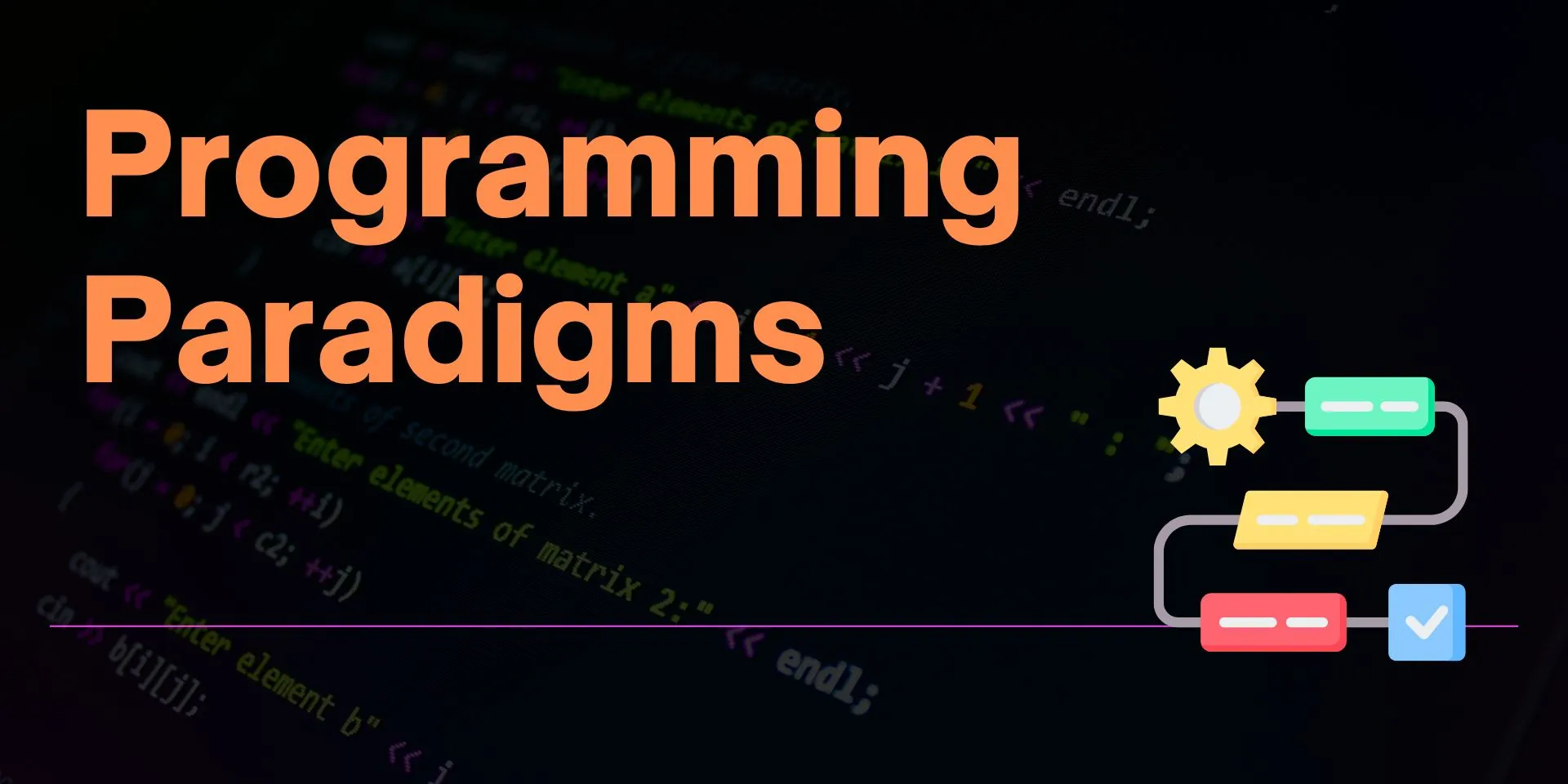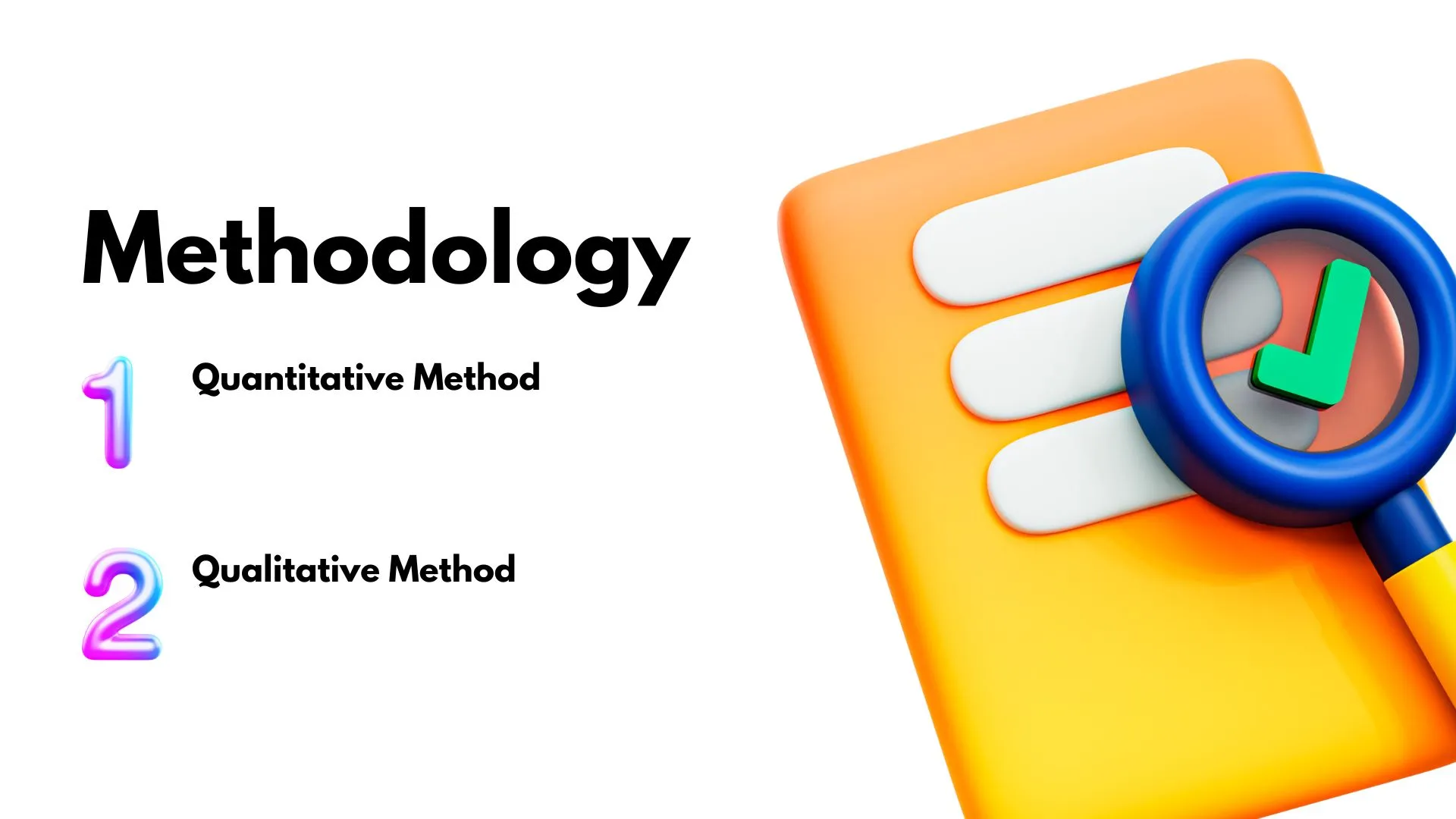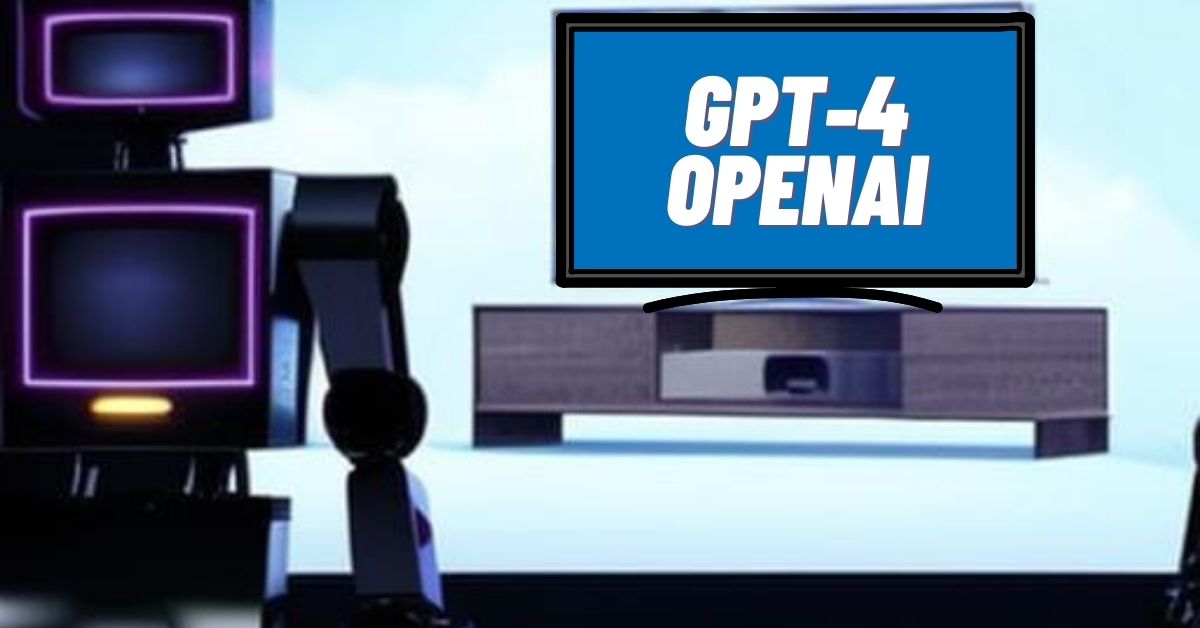Artificial Intelligence Book Recomendations
Boolean Algebra / First order / Propositional / Predicate Logic
Boolean Algebra and Its Applications (Dover Books on Computer Science)
This introduction to Boolean algebra explores the subject on a level accessible even to those with a modest background in mathematics. The first chapter presents the algebra of sets from an intuitive point of view, followed by a formal presentation in chapter two of Boolean algebra as an abstract algebraic system, with no reference to applications. Succeeding chapters offer concise accounts of applications to symbolic logic, focusing on topics of logic common to elementary mathematics and discussing concepts of valid argument and indirect proofs. Additional topics include the algebra of circuits — switching, relay, and computer — as well as the application of the algebra of sets to probability theory. Problems appear throughout the text, with answers to selected problems at the end of the book. Geared toward students of mathematics, computer science, and electrical engineering, this text can be appreciated by anyone who understands college-level mathematics. It will prove particularly valuable to philosophy students and others wishing to study symbolic logic and its applications to computer science.
Boolean Reasoning: The Logic of Boolean Equations (Dover Books on Mathematics)
A systematic treatment of Boolean reasoning, this concise, newly revised edition combines the works of early logicians with recent investigations, including previously unpublished research results. For the benefit of readers without formal training in mathematics, the text starts with an overview of elementary mathematical concepts and outlines the theory of Boolean algebras, based on Huntington’s postulate. It defines operators for elimination, division, and expansion, providing a coherent and systematic basis for subsequent discussions of syllogistic reasoning, the solution of Boolean equations, and functional deduction. Examples and end-of-chapter problems appear throughout the book, many taken from the design for switching systems. Two concluding chapters deal with applications; one applies Boolean reasoning to diagnostic problems, and the other discusses the design of multiple-output logic-circuits.
Note: Following helpful review comments on problems with readability of some equation in the book, the typesetting and formatting have been completely reviewed to improve your reading experience and help develop better appreciation. Your valuable feedback is the most welcome. Thanks. MKG. Digital technology has become ubiquitous in our modern society, to the extent that we risk of being left behind and becoming cut-off if we do not adopt it! This KES aims to show why digital technology is becoming so appealing, what digital data are, what operations can be performed on them, and how digital logic theory can be used to systematically formulate solutions to several practical problems. As we become immersed in the 0’s and 1’s of a digital world, knowing the differences between the way our smart digital companions work and how we humans interpret information is of high relevance today, irrespective of the wake of life we find ourselves in with respect to digital technology.Customers are increasingly asked to understand digital terms like bits, bytes, GB, GHz and TB when selecting their next laptop or smartphone, and for anyone aspiring to get into this rapidly evolving environment as a professional, the basics and principles are a must.The underlying digital principles are also found to be a useful asset for learning computer programming, as it enables to understand the machine level operations of the computer, and hence equips one to understand unexpected behaviors of a piece of code and in troubleshooting bugs.
First-Order Logic (Dover Books on Mathematics)
Introduction to Logic: And to the Methodology of Deductive Sciences (Dover Books on Mathematics)
Introduction to Logic: Propositional Logic
Introduction to Logic: Predicate Logic
Artificial Intelligence Theory Books
Programming Legend Charles Petzold unlocks the secrets of the extraordinary and prescient 1936 paper by Alan M. Turing Mathematician Alan Turing invented an imaginary computer known as the Turing Machine; in an age before computers, he explored the concept of what it meant to be computable, creating the field of computability theory in the process, a foundation of present-day computer programming.
The book expands Turing’s original 36-page paper with additional background chapters and extensive annotations; the author elaborates on and clarifies many of Turing’s statements, making the original difficult-to-read document accessible to present day programmers, computer science majors, math geeks, and others.
Interwoven into the narrative are the highlights of Turing’s own life: his years at Cambridge and Princeton, his secret work in cryptanalysis during World War II, his involvement in seminal computer projects, his speculations about artificial intelligence, his arrest and prosecution for the crime of “gross indecency,” and his early death by apparent suicide at the age of 41.






Comments